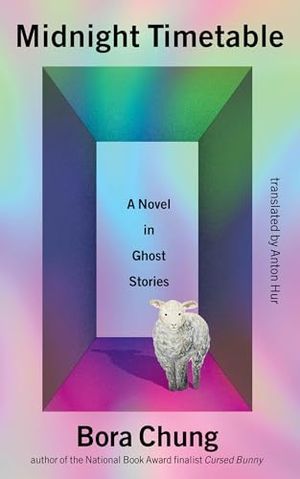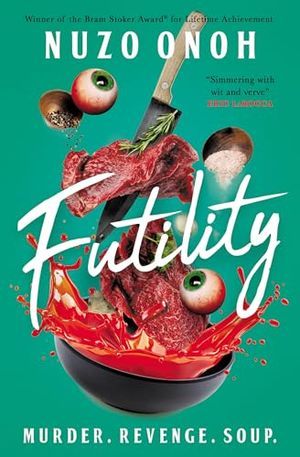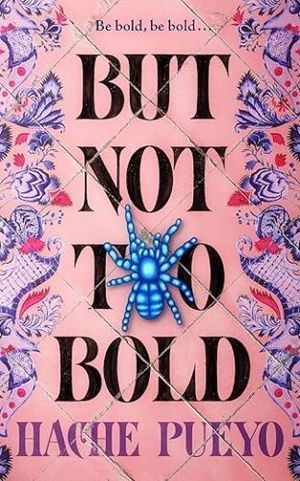In many ways, horror as a genre seems especially well-suited to BIPOC and gender minorities. The genre is for everyone, of course, but it can have a special way of creating just enough distance between real-world issues and the readers to allow for new understanding and empathy. Horror written by BIPOC authors homes in on the nitty-gritty of marginalized experiences and immerses the reader into the real-life terror felt by many. And for those who already live on the margins, horror can be cathartic.
The books below are all by authors who write horror from the margins—there are ghost stories from South Korea, female rage in Nigeria, cursed historical fiction, and more.
 The Midnight Timetable: A Novel in Ghost Stories by Bora Chung, Translated by Anton HurBora Chung’s first book published in English, Cursed Bunny, was a genre-defying collection that pulled from horror, science fiction, and fantasy with a powerful feminist and anti-capitalist lens. Her new novel-in-ghost-stories, Midnight Timetable, builds on its beloved and award-winning predecessor in fascinating and eerily delightful ways. Set in a research institute for cursed objects, the novel follows a new employee as they learn about the items stored in the mysterious facility and the encounters other employees have had while working there. The stories are stalked by cursed sheep, a haunted handkerchief, and a cat you won’t soon forget, but are linked by Chung’s sharp critiques of societal abuses of power toward vulnerable communities, including stories about conversion therapy, animal testing, domestic abuse, and more. And yet again, acclaimed translator Anton Hur thoughtfully captures all of the book’s intense beauty and power with the artistry he’s known for. You’ll find yourself thinking of these hallways long after you’ve finished the book. In fact, you might not be able to find your way out. Just remember to never look back. — Pierce Alquist |
 Futility by Nuzo OnohI don’t know how many Nigeria-set books you’ve read, but either way, this one is bound to be unique. Let’s start with Chia, who runs a restaurant in Abuja and is seen as an all-around ideal woman by men. Her beauty is one of a kind, and so is her delicious hot pepper soup…because of a secret ingredient. Then there’s 50-year-old Claire. She lives in the capital with her young Nigerian boyfriend and his pretty female cousin. Well, one night at Chia’s restaurant leads to Claire’s life descending into chaos. Both Chia’s and Claire’s rage leads them to be propositioned by a trickster spirit who offers revenge against everyone who ever did them dirty. And the offer is kind of hard to resist. |
 Fiend by Alma KatsuYou might know Alma Katsu for her historical horror novels, but this time, the author has set her story in contemporary times. The Berisha family has always been told they are “blessed.” The wealthy family runs one of the largest import-export companies in the world, and while their rivals suffer tragedies, nothing ever seems to touch the Berishas. But what happens with the blessing turns out to be a curse, and the family’s carefully structured system begins to fall apart? —Emily Martin |
 But Not Too Bold by Hache PueyoIs there room for love in the life of a monster? You’ll find out in this Gothic romantasy novella! Dália works as the keeper for Anatema, a humanoid spider who enjoys laudanum and eating beautiful women. Dália must help Anatema keep her memories by caring for the locked drawers where they are stored and trying not to show any fear, even though Anatema ate Dália’s predecessor. Will they become entangled in a good way, or will Dália eventually be lunch? —Liberty Hardy |
All access members continue below for new BIPOC horror
This content is for members only. Visit the site and log in/register to read.












 Bengali (Bangladesh) ·
Bengali (Bangladesh) ·  English (United States) ·
English (United States) ·